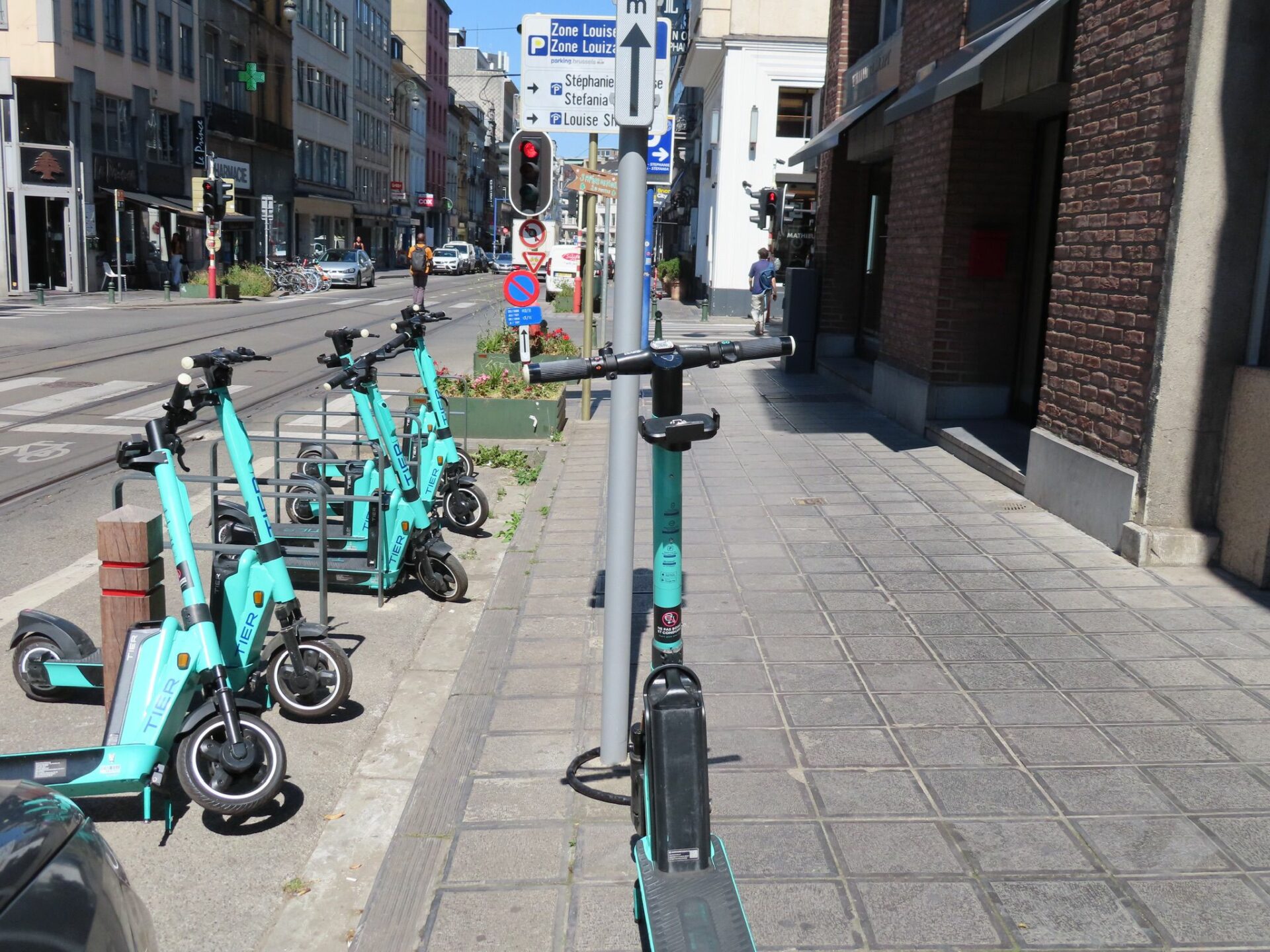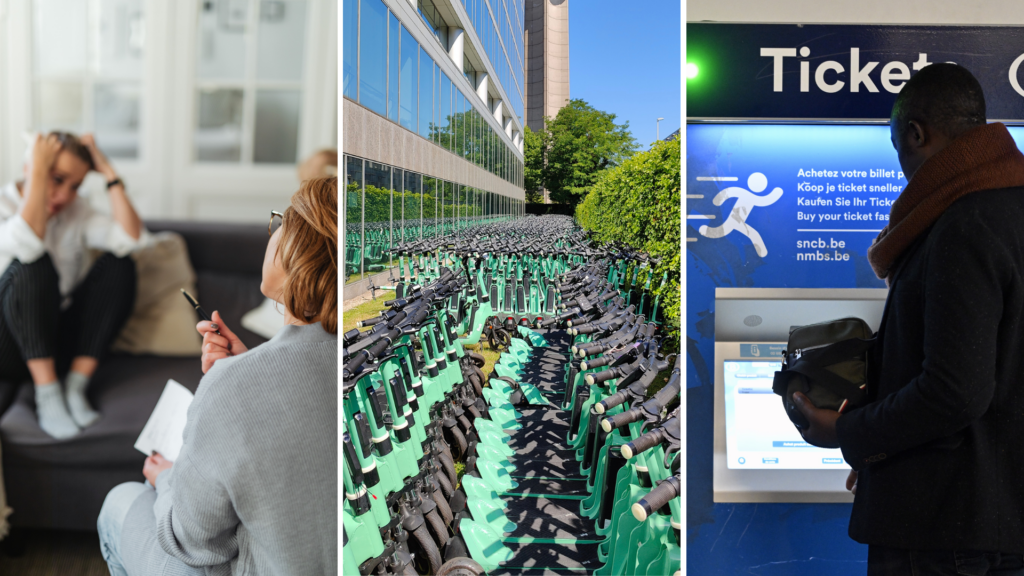It doesn't seem all that long ago since the long list of changes was introduced on 1 January, but the start of a new month has already arrived. In February, fewer new rules will come into force in Belgium, but they are no less impactful.
Train fares rising
As is the case every year, Belgian national railway operator SNCB will be adjusting its fares on Thursday 1 February. The cost of most regulated fares – including standard and student tickets, commuter and school tickets, the second class Senior and Youth Tickets and the discounted Increased Allowance ticket – will rise by 5.9%.
Non-regulated fares (such as multi-journey tickets Youth Multi, Standard Multi and Local Multi) will also become 5.9% more expensive. Only the prices of the City Pass in Antwerp, Ghent, Charleroi and Liège and the bicycle supplement will remain unchanged.
The almost 6% rise takes into account the changes in the consumer price index, the company specified. Last year, the combination of government-mandated wage indexations, high inflation, and soaring energy costs resulted in prices rising by an average of 9%.
Brussels slashing number of e-scooters
Due to the inefficiency of the previous set of rules on shared mobility vehicles imposed in Brussels, which failed to curb the number of vehicles on Brussels' streets and the nuisance they caused, a new policy will enter into force on Thursday, albeit in a restricted format.
The streetscape of Brussels, long plagued by the lack of rules to control the rising popularity of e-scooters, was expected to look much more empty from 1 February, as the number of shared e-scooters was set to drop from 21,000 to 8,000. The region decided at the end of last year that only Bolt and Dott could operate in Brussels, with 4,000 vehicles each, from this date.
However, on Wednesday, it was announced that Lime and Voi, companies with thousands of e-scooters in the capital that appealed against the Brussels government's choice to only allow vehicles from Dott and Bolt, can continue to offer their services. This means several thousand more e-scooters from Lime and Voi will also be allowed to remain active until their licences expire. However, the region is also looking to challenge this latest decision.
This will not change another aspect of the regulations, namely the fact that users will also no longer be able to lock their vehicle at the end of their journey outside designated 'drop zones'. Operators will be fined if their vehicles are misplaced or removed by authorities if they cannot be parked in a drop zone within a radius of 150 metres.

A rogue e-scooter on Chaussée de Charleroi. Credit: The Brussels Tmes
So far, Brussels Mobility and the Brussels municipalities have installed over 1,300 such drop zones, but in the coming weeks, this number will rise to 1,500.
The system will be operational from 1 February in 11 Brussels municipalities: Ixelles, Etterbeek, Evere, Ganshoren, Jette, Koekelberg, Berchem-Sainte-Agathe, Saint-Gilles, Woluwe-Saint-Pierre, Auderghem and Watermael-Boitsfort.
For the remaining eight municipalities, operators will use their GPS tracking system to lock virtual drop zones at locations chosen by authorities.
Free psychology sessions for young people
Children and young people up to the age of 23 will be able to book free sessions with officially recognised psychologists and remedial educationalists as part of the Federal Government's reform to make psychological care more accessible.
The scheme includes first-line psychological support at the CLB (Centre for Student Support), in schools, in practices or at home, with a maximum of ten group or individual sessions.
The number of interventions reimbursed over 12 months depends on the type of care and network (which depends on the age of the person receiving the help). Health insurance will cover the cost immediately through the third-party payer scheme.
Related News
- Mandatory use of sirens by emergency vehicles suspended
- More than books: Why should you join a library in Belgium?
- 'This exploitation cannot continue': EU urged to ban unpaid internships
Real estate transactions
Anyone concluding a contract with a real estate broker will be given a 14-day reflection period from 1 February, regardless of where the contract is concluded.
If the buyer wants the real estate agent to start executing the brokerage agreement during the withdrawal period, they must explicitly request this. However, this means they must then acknowledge that they lose the right of withdrawal if the brokerage agreement is fully executed.
Digital access to files
Finally, from 1 February, lawyers can view files of ongoing judicial investigations via Just-on-web, the Justice Ministry's online application. Until now, lawyers who wanted to check the status of a judicial investigation, to prepare a hearing of the chambers for example, could only view the file physically at the court registry.
Since June 2022, criminal files can be viewed digitally via the JustConsult application on Just-on-web, but that only applies to files in which the investigation has been concluded. But this procedure has now been updated to include files for which the judicial enquiry is still ongoing. The files cannot be printed, however.

